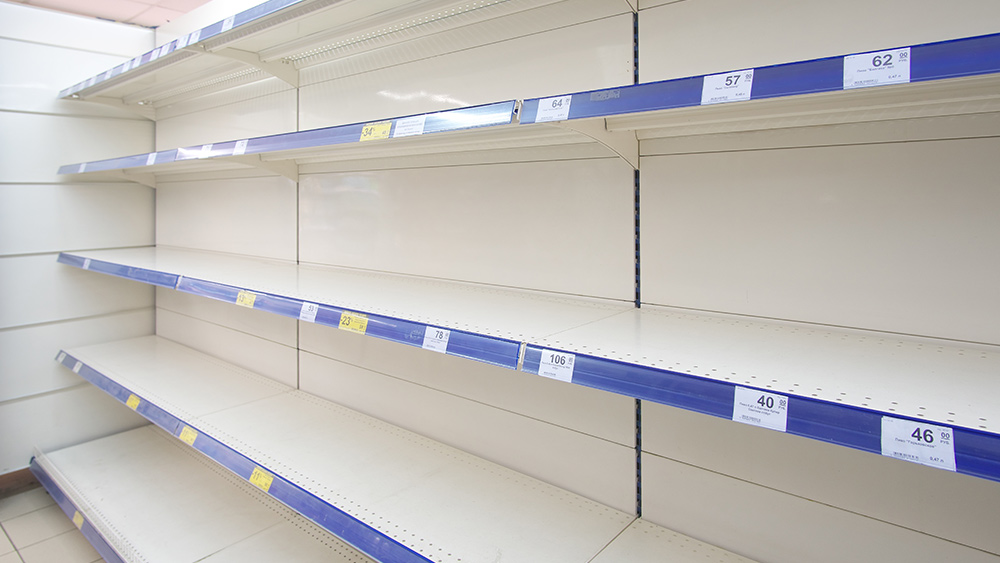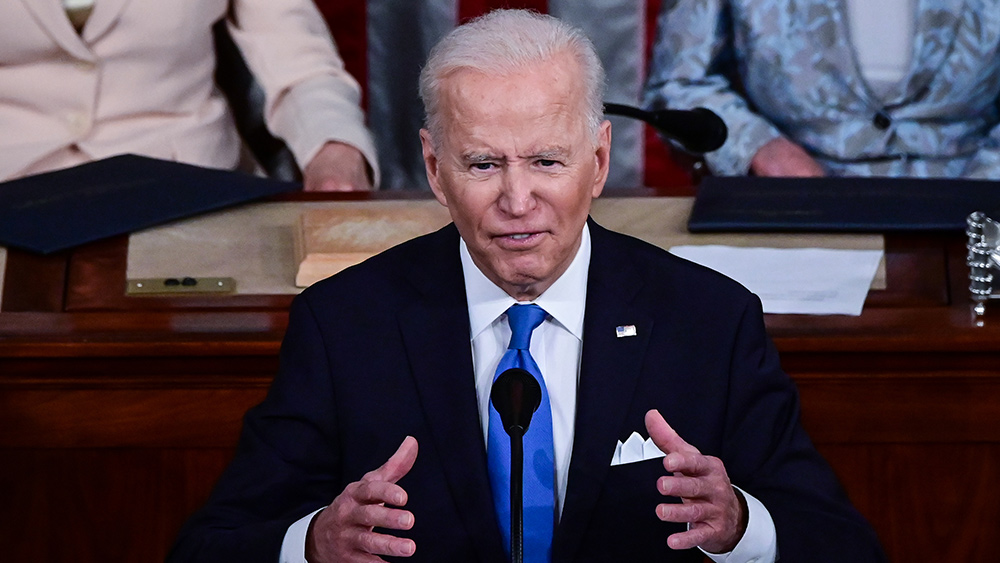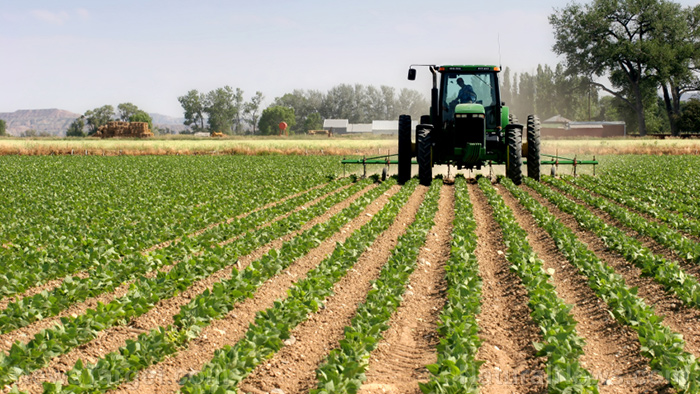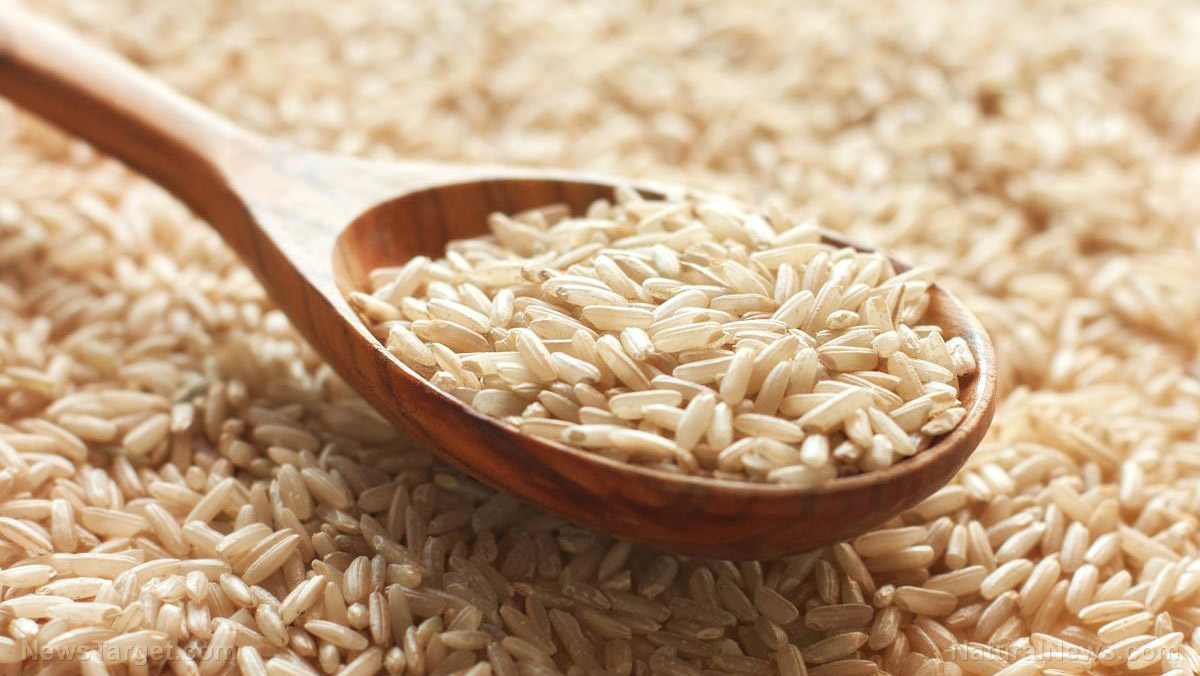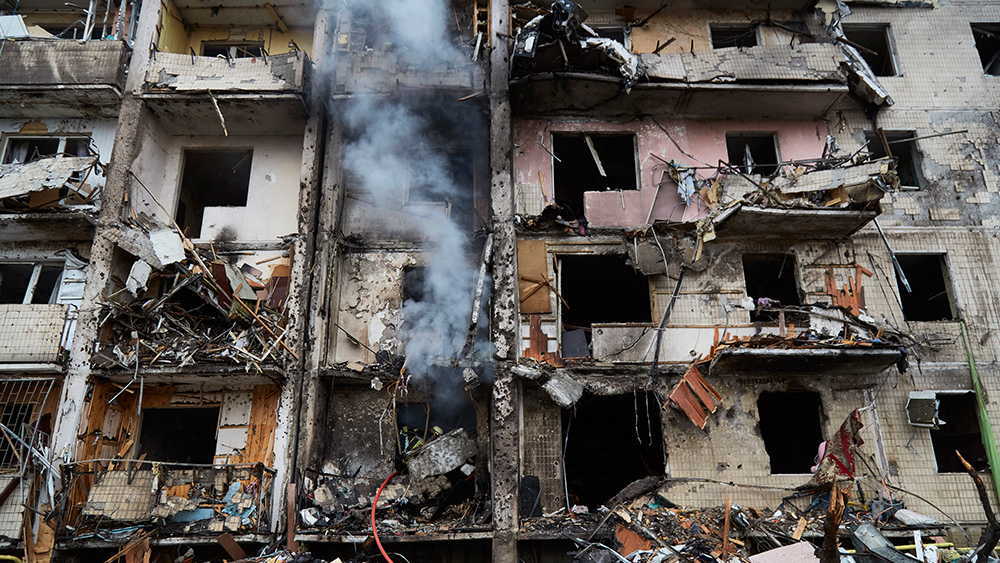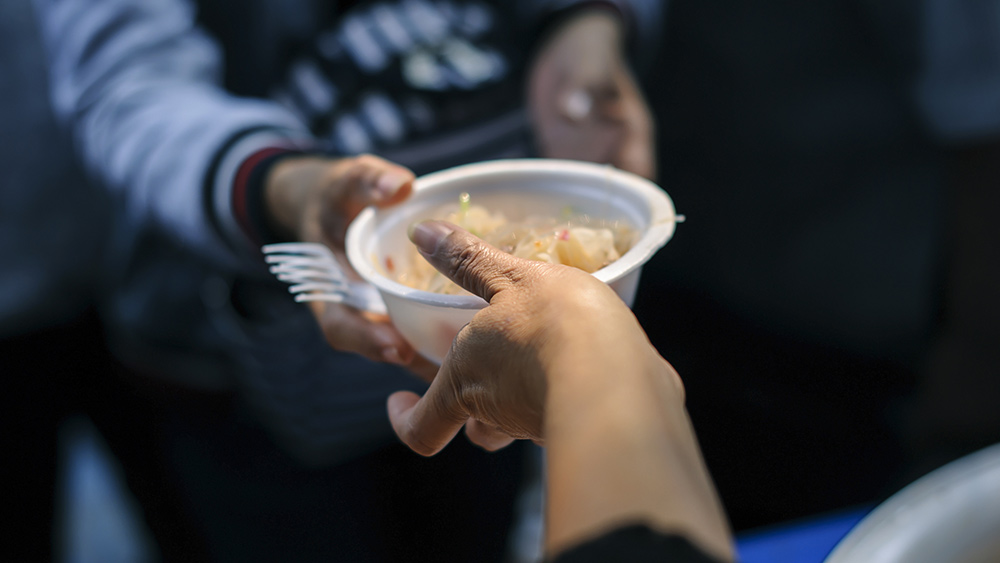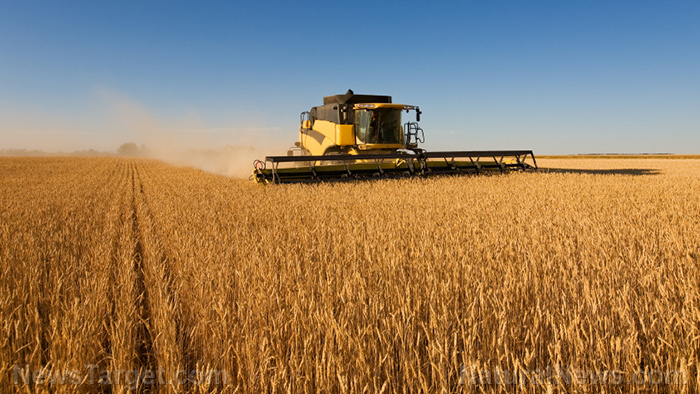Dwindling wheat supply may kick off global famine, expert warns
05/27/2022 / By Belle Carter
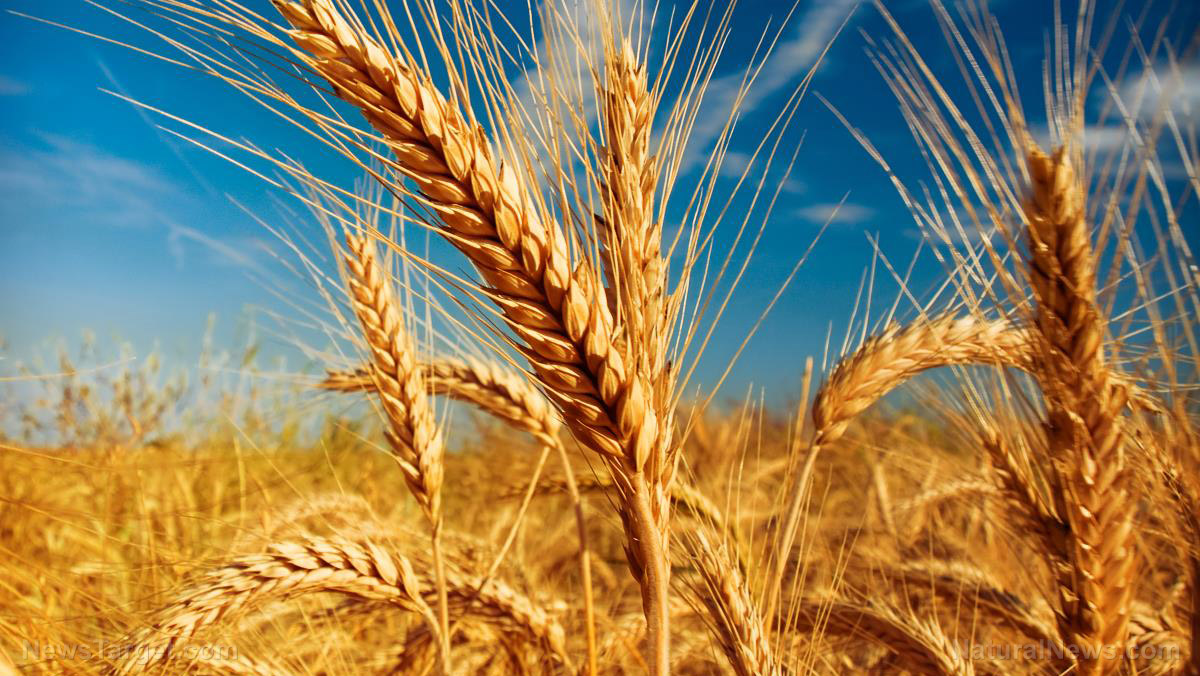
A food insecurity expert warned that there’s only 10 weeks of wheat supplies left in the world as Russian invasion disrupts production. This was reported by Harrison Smith during the May 23 episode of “The American Journal.”
The disruption of production and transportation of the cereal crop could spark a food catastrophe. Sara Menker, founder and CEO of agriculture analytics company Gro Intelligence, told the United Nations Council: “The Russia-Ukraine war added fuel to a fire that was long burning.”
Menker warned that global food supplies are being hit by a number of extraordinary challenges, including fertilizer shortages, climate disruptions and record low inventories of cooking oils and grains.
She told the United Nations Security Council that without substantial immediate and aggressive, coordinated global actions, the world is at risk of an extraordinary amount of both human suffering and economic damage.
“This isn’t cyclical, this is seismic. It’s a once-in-a-generation occurrence that can dramatically reshape the geopolitical era,” she added.
Ukraine exported more than $140 million worth of wheat to the U.S. before the pandemic hit. Now, the world has only about 10 weeks of wheat supplies stored as the Russia-Ukraine conflict continues. The eastern Europe country is a key exporter of agricultural commodities and is dubbed the breadbasket of the continent. Due to recent circumstances, the basket has been overturned.
“The farmers, the agriculture workers went to war and continue to fight in the war, and some of their vehicles went to the war,” Ukrainian Agriculture Minister Mykola Solsky said.
The farmlands turned into battlefields and the roads and ports are attacked by missiles and bombs. The food supply is now dwindling. “There are limitations on working hours because of curfews, and there are limits on the movement of agricultural equipment because of controls on the roads,” Solsky said.
The damage to the country’s road network and food distribution infrastructure has made getting food to areas difficult. The World Food Program estimates that 45 percent of the population is worried about finding enough to eat. (Related: Russia-Ukraine war will further worsen global food shortage as poor nations face starvation, unrest.)
International shipments of wheat cut off due to Russia-Ukraine conflict
International shipments of wheat were already cut off due to the Russia-Ukraine conflict, which pushed the price of the vital crop higher.
The two countries together export more than a quarter of the world’s wheat, feeding billions of people in the form of bread, pasta and packaged foods. The countries are also key suppliers of barley, sunflower seed oil and corn, among other products.
“The costs of further disintegration would be enormous across countries,” the International Monetary Fund’s Managing Director Kristalina Georgieva, Chief Economist Gita Gopinath and Director of the Strategy, Policy and Review Department Ceyla Pazarbasioglu wrote in a blogpost.
“And people at every income level would be hurt – from highly-paid professionals and middle-income factory workers who export, to low-paid workers who depend on food imports to survive. More people will embark on perilous journeys to seek opportunity elsewhere.”
David Laborde, a senior research fellow at the International Food Policy Research Institute, said the crisis would “likely have an immediate impact on the global wheat market stability.” But the real test for the global food supply would be in four months – when the next wheat harvest would begin.
“By then, if farmers could not harvest due to lasting military operations, or if port facilities and railroads have been damaged, the situation will be particularly gloomy,” Laborde said. “Many countries in North Africa and the Middle East are particularly dependent on wheat from Ukraine and Russia and likely to be hard hit.”
Visit FoodSupply.news for more stories about food shortages.
Watch “The American Journal” host Harrison Smith as he talks about the dwindling global wheat supply.
This video is from the InfoWars channel on Brighteon.com.
More related stories:
IMF: Russia-Ukraine war may FUNDAMENTALLY ALTER economic, political order worldwide.
Ukraine reports two-thirds decrease in grain exports while global wheat prices skyrocket.
Price of wheat soars to record high as war between Russia and Ukraine continues.
Sources include:
Submit a correction >>
Tagged Under:
big government, food collapse, food crisis, food prices, food scarcity, food security, food shortage, food supply, global famine, hunger, IMF, InfoWars, products, research, Russia-Ukraine war, starvation, supply chain, wheat supply
This article may contain statements that reflect the opinion of the author
RECENT NEWS & ARTICLES
COPYRIGHT © 2017 STARVATION NEWS

